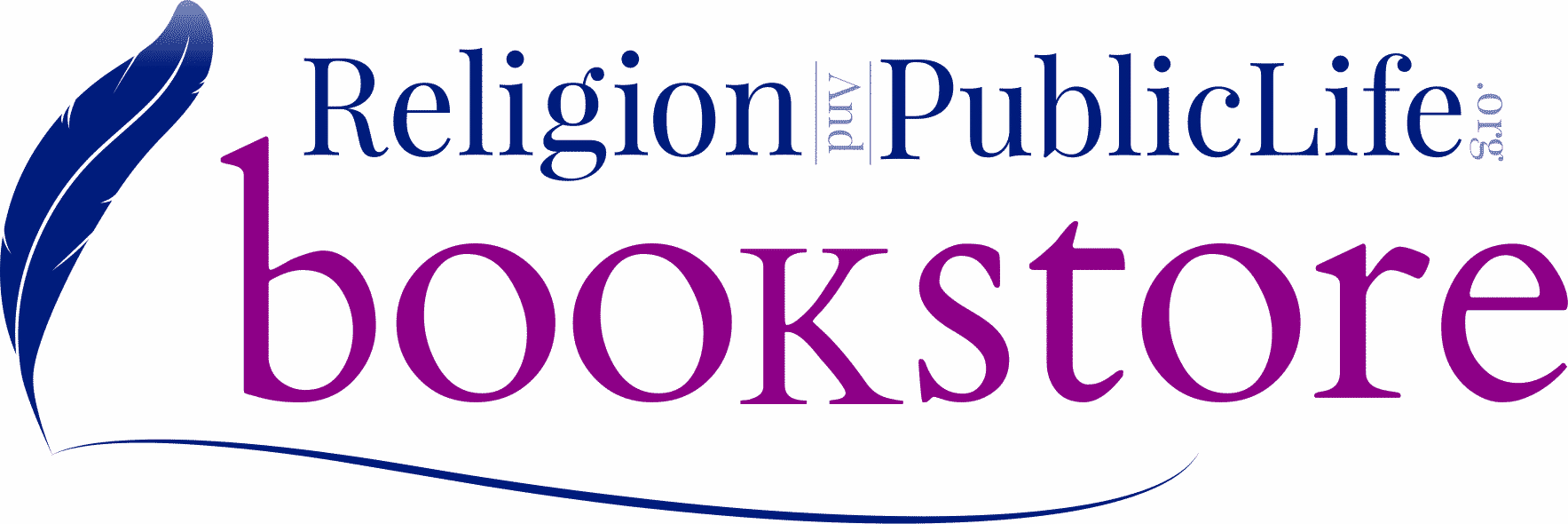COM 201 Facilitate Discussions that Matter
College, Graduate, Professional Development
Civic Education for a Common Good
We apply the U.S. Department of Education’s Consensus Statements about Constitutional Approaches for Teaching about Religion
▸ Our approach to religion is academic, not devotional;
▸ We strive for student awareness of religions, but do not press for student acceptance of any religion;
▸ We sponsor the study about religion, not the practice of religion;
▸ We expose students to a diversity of religious views, but may not impose any particular view;
▸ We educate about all religions, we do not promote or denigrate any religion;
▸ We inform students about religious beliefs and practices, it does not seek to conform students to any particular belief or practice.
We apply the American Academy of Religion’s “Religious Literacy Guidelines”
▸ “Religious Literacy Guidelines for College Students.” American Academy of Religion, 2019.
▸ “Teaching About Religion: AAR Guidelines for K-12 Public Schools.” American Academy of Religion, April 2010.
We apply the National Council for the Social Studies C3 Frameworks for Religious Studies
▸ College, Career, and Civic Life (C3) Framework for Social Studies State Standards, “Religious Studies Companion Document for the C3 Framework.” Silver Spring, MD: National Council for the Social Studies, 2017.




